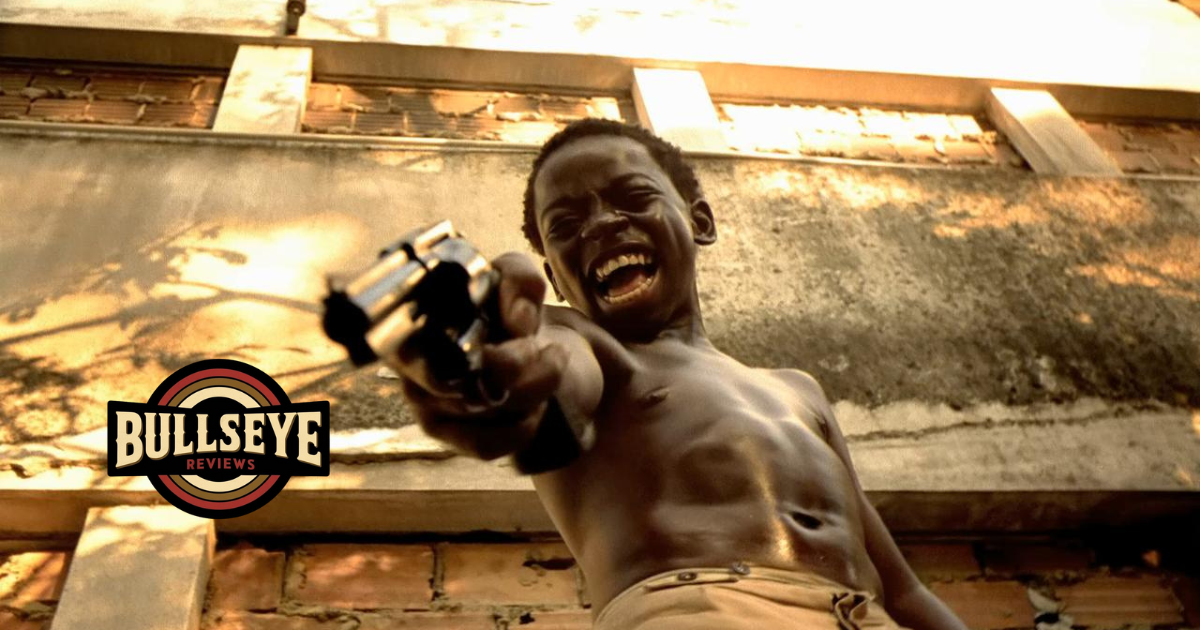Cidade de Deus: Brutal Beauty Rooted in Reality
Few films have left an imprint on world cinema like City of God. Directed by Fernando Meirelles and co-directed by Kátia Lund, this Brazilian crime drama explodes onto the screen with a pulsating energy that refuses to let go. Set against the harsh realities of Rio de Janeiro’s favelas, this isn’t just a gangster film—it’s a raw cinematic experience. With dynamic storytelling, staggering visuals, and haunting performances, it pulls viewers into a world where survival is a daily negotiation.
Cinematography and Direction: Crafting Chaos with Control
César Charlone’s camera doesn’t merely observe—it immerses. Each frame crackles with urgency, often swinging like a restless eye, capturing the chaos of gang wars, the quiet of doomed childhoods, and the aching rhythm of favela life. Meirelles orchestrates the madness with remarkable control, layering time shifts and narrative threads with the precision of a master editor.

Despite its kinetic style, the film never loses clarity. The non-linear storytelling unfolds like a photo album of pain and resilience, guided by the voice of Rocket (Alexandre Rodrigues), a teen caught between crime and creativity.
Characters Etched in Grit: Performances That Hit Hard
Almost entirely cast with non-professional actors, City of God carries an authenticity that’s difficult to replicate. Leandro Firmino as the terrifyingly volatile Lil Zé delivers one of the most chilling portrayals of unchecked power in cinema. In contrast, Rocket’s quiet, observant presence acts as a necessary counterbalance—grounding the story with a dreamer’s gaze.

The characters don’t feel like constructs; they feel like people you might meet—if you had the misfortune to grow up in their world.
More Than a Gangster Film: A Social Commentary in Disguise
What makes City of God transcend genre is its refusal to glamorize violence. The film never loses sight of the societal rot that births these gangsters. Poverty, lack of education, systemic neglect—these are the real villains. Through its episodic structure, the movie subtly builds a damning critique of how a community is allowed to implode while the city around it turns a blind eye.
Final Verdict: ★★★★½ 4.5/5 Stars
City of God isn’t an easy watch, but it’s an essential one. It’s cinematic storytelling at its most raw and riveting—a film that bleeds truth and pulses with humanity. From its visual daring to its heartbreaking realism, this 2002 classic remains unmatched in the gangster genre. A true marvel of world cinema.

